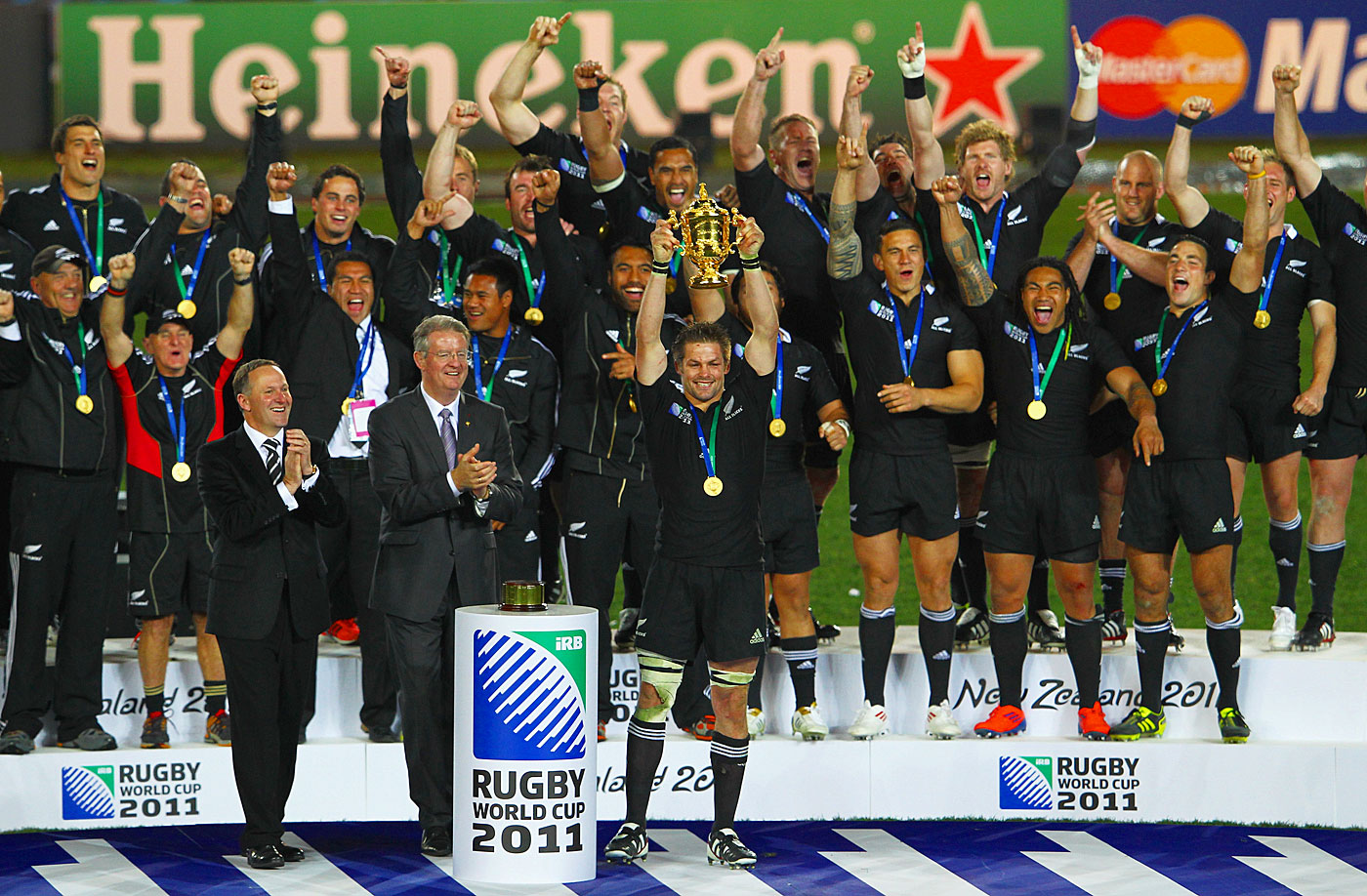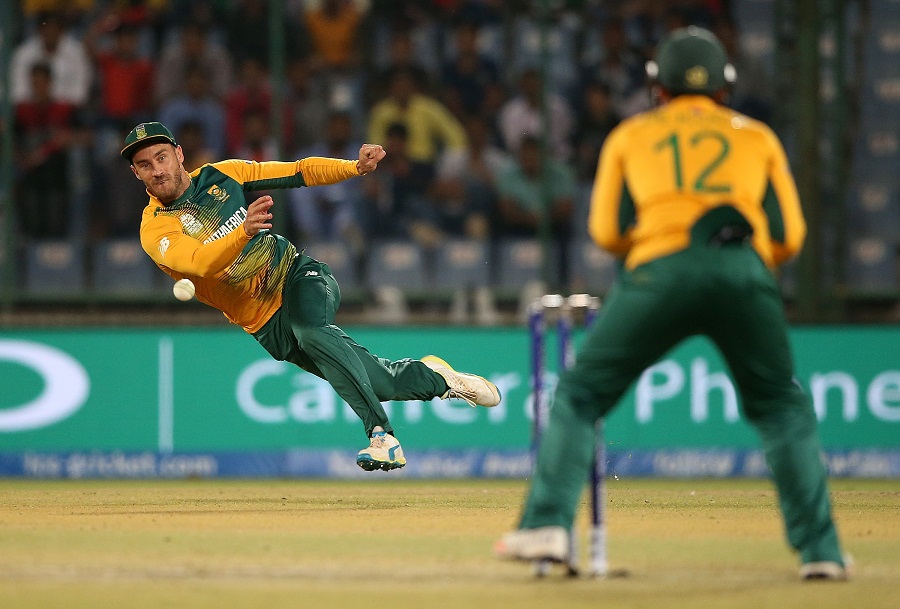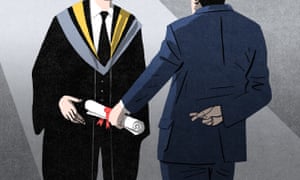
Brewing discontent: “The garment workers have proved that there is a vast, angry India outside swanky offices.” The workers protest on Tumkur road in Bengaluru. — Photo: By Special Arrangement
What happened in Bengaluru this week has a lesson for every Indian city. It’s a warning that growing disparities must be addressed urgently.
They don’t work in cubicles and are not constantly on social media sites protesting against bad roads, traffic, power cuts or water shortage. They don’t grandstand on political ideologies and discuss India as a global power, for their realities are harshly local; it’s about everyday survival.
They are Dalits, Other Backward Classes (OBCs), some even from forward castes and different religions, but united by a common economic plight. And they proved they can come out in their thousands to protest, suddenly, without any concrete effort at mobilisation. When they did, they paralysed a city, one portrayed to the world as India’s silicon valley, its IT powerhouse.
What happened in Bengaluru this week has a lesson for every Indian city. There is a giant underbelly of disparity and discontent that exists and it can erupt, suddenly. It can challenge the myths of economic progress and images that governments have cautiously projected before the world. Images laced in terms like ‘investor confidence’ and ‘ease of doing business’.
A spontaneous peoples’ protest
There is still an air of confusion over how protests by garment factory workers erupted and galvanised, which crippled normal life in Bengaluru for two days and turning ‘extremely violent’ by the city’s standards. It started at one factory, where photocopies of a newspaper report stating that workers cannot withdraw employer’s contribution to their provident fund (PF) till 58 years of age were circulated. A rage erupted, and workers, predominantly women, took to the roads in what was described by the police force as a “flash strike” on Monday.
Word spread like wildfire to other garment factories in the area: there are about 8-10 in the cluster. In under an hour, workers from all the factories poured out, paralysing Hosur Road. Ironically, the road is the arterial highway that leads to Electronics City, which houses campuses of several IT majors and is the showcase for a new India or ‘surging economy’.
No high-tech device could have predicted the event or how it would galvanise the next day. Garment factory workers in several other parts of the city, again where factories exist in clusters, came out to the streets. Corporate offices and police stations were attacked, buses set on fire and roads blocked for hours.
Trade union leaders were clueless — they were planning a protest, but no one anticipated a sudden burst of anger, of this nature. The police were equally clueless, as one officer was reported as saying, “When we wanted to talk to their leader, they were clueless and so were we.” This protest had no one leader or negotiator for demands, it was a sudden burst of pent-up anger, triggered by the new PF ‘reform’.
These factories exist in clusters and hence workers in garment manufacturing units could mobilise themselves instantly. There are an estimated 5,00,000 people working in garment factories in the city. Predominantly women (estimated to be around 85 per cent) and for them, usually with salaries of around Rs. 6,500 a month, the few hundred rupees they save as PF is the only social security.
Symptom of a larger angst
This is where the crux of the issue lies. The PF law was just a trigger and the garment industry is just one small section. As we build and showcase a new economy, there is little forward movement in ensuring social security for the millions in the lower-to-middle income groups.
For instance, quality health care and education remain a pipe dream, and survival in a ‘booming economy’ is a daily battle. Unionisation is restricted in garment units and hence workers have little or no grievance-redressal mechanism or collective bargaining. Against this backdrop, amendments to labour laws proposed for enactment in Karnataka, like in many other States, increase work hours for workers and arguably shifts the balance in favour of factory owners.
Such policies have ensured that even a basic level of trust in the system is eroded. In this situation, when savings like PF, which for decades the working class in India has taken as the ultimate security, can become inaccessible at a time of need, it shakes the workers’ faith completely. It’s not anger but desperation to save the little they have.
To date, Union governments have been extremely cautious in even altering PF interest rates. Did the illusion that India has changed allow the Centre to try changing PF laws?
It is important to address the difference in the way PF is looked at by those surging with a booming corporate economy and workers, like those in garment factories — PF is not the only saving mechanism for the young manager or techie, for many it’s just a mandatory contribution that one has to make.
The garment workers have proved that there is a vast, angry India outside swanky offices. And their protest is a strong message to the government and the ‘booming economy’ not to tamper with the little they have. Elections in States, including Kerala and West Bengal where the Left has a strong presence, may have ensured immediate withdrawal of the controversial PF rule by the Union government, but the real test is to see whether the intent will be to understand the concerns of the labour and lower income classes.
It’s time to focus on building systems and policies that offer them a larger stake in economic and social progress. The PF law was just a trigger to one set of a large population that works in semi-organised industries. And there are millions, like taxi drivers and construction labourers, who do not even have a shot at a provident fund. The trigger for each of these sections could be different, but their frustrations are the same and the impact they could have if they galvanise in protest could be enormous.
What Bengaluru witnessed is just a symptom, labour led by no union that had the potential to bring parts of a city to a standstill and forced the Union government to take note.




